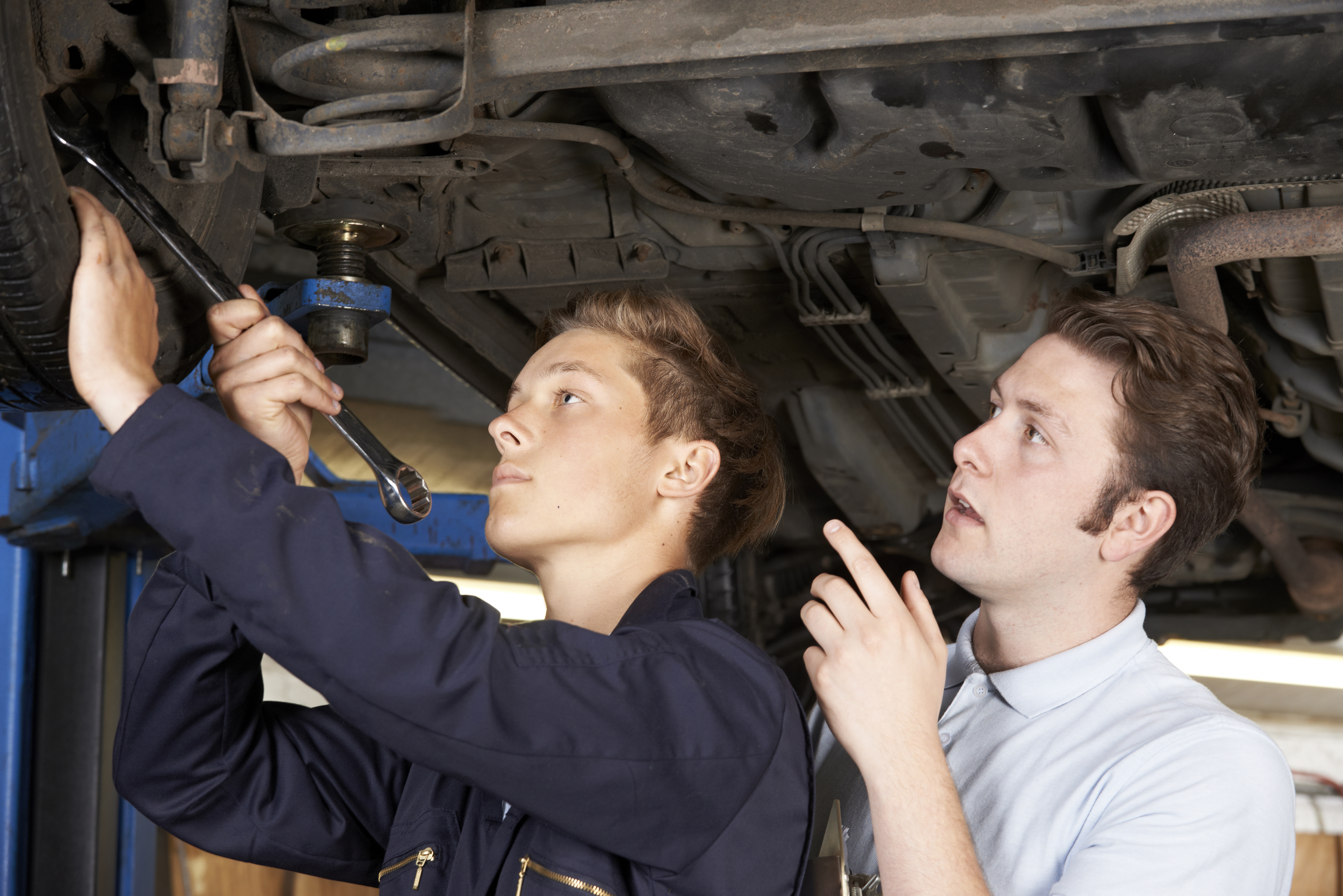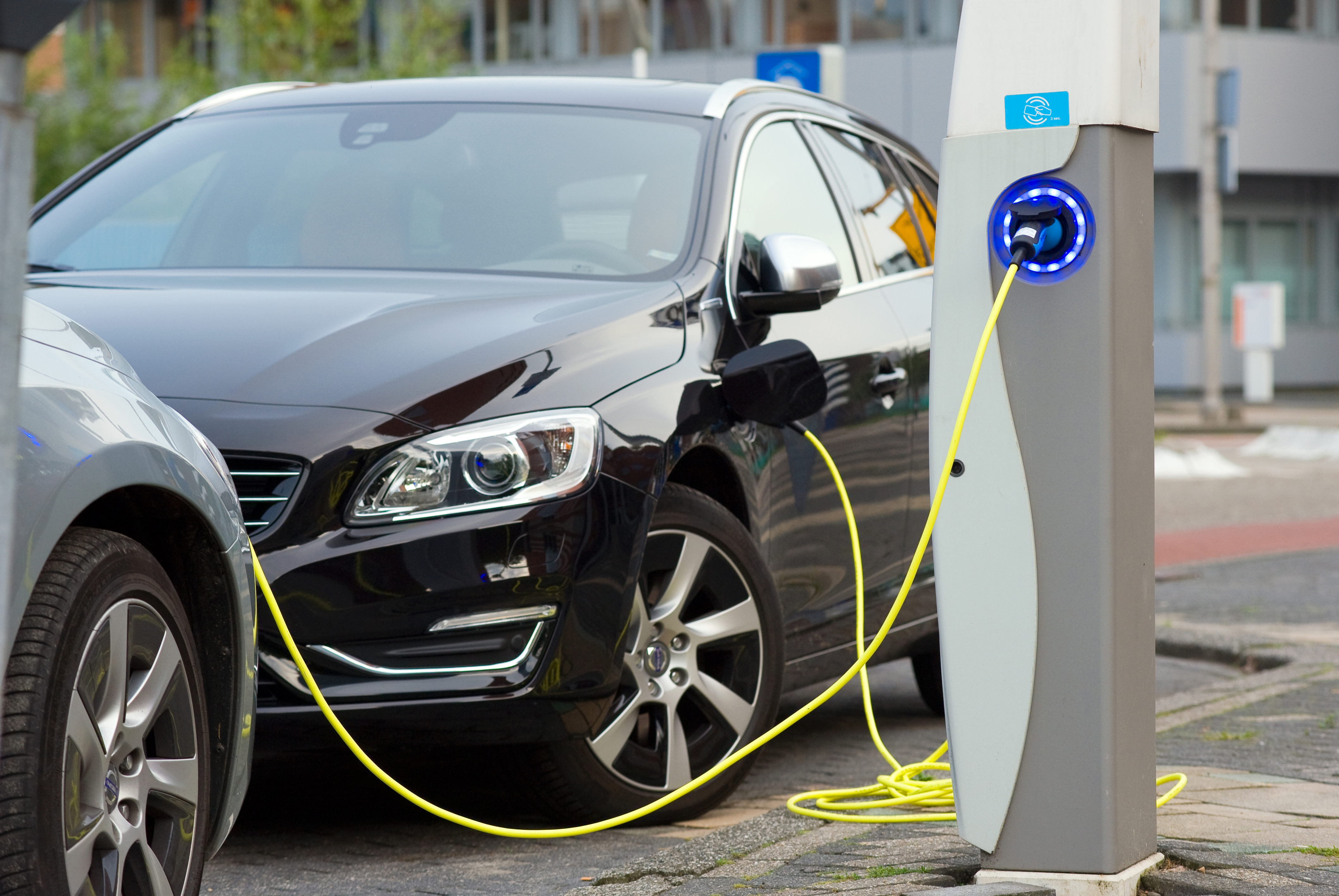Addressing the EV skills gap: Building the workforce for a zero-emission future
Governments across Europe are pushing electric vehicle (EV) adoption so that we can move towards a zero-emission future. The result? EV sales have jumped, and repair requests for these vehicles have gone up by 98% over the past year. But with only 24% of UK technicians having the skills to work on EVs, the automotive repair industry is simply not prepared to handle what is due to come: a massive increase in demand.

(Credit: Ian Allenden)
With that in mind, the need to tackle the EV skills gap should be a particular focus, especially during the UK’s National Apprenticeship Week, says Matt Wrankmore, Head of Garage Network at FixMyCar, the online marketplace for car repairs and maintenance.
So why now?
“In 2024, EV sales rose by nearly 10%. It was the best year for EV sales [in the UK] to date and with the government launching programmes like the Electric Vehicle Chargepoint Grant (EVCG) and Residential Charging Grants, the numbers are sure to go up in the future,” says Wrankmore. “This presents an exciting opportunity for the automotive repair industry. It is the perfect time for garages to shift their focus to training employees to work on EVs and bridge the demand-supply gap in EV services. It will not only make it possible for them to cater to a new market but also open new revenue streams, which will help their business grow.”
“This is the perfect time for garages to shift their focus to training employees to work on EVs and bridge the demand-supply gap in EV services”
Spotted: Scope for Growth
There is no doubt that the EV repair market has a lot of potential. Yet, according to The Institute of Motor Industry (IMI) only 24% of the UK’s automotive workforce are currently EV-trained mechanics.
“Apprenticeships are a great way to bring in new, digitally savvy talent whilst future-proofing both individual workshops and the wider industry with EV capabilities,” Wrankmore explains. “They provide practical training, which builds confidence and competence and gives apprentices practical experience, so they are prepared to start servicing customers immediately once their training is complete. The apprenticeship experience can be customised and improved year-on-year, as new technologies and techniques develop.”

(Credit: Slavun )
“Apprenticeships are a great way to bring in new, digitally savvy talent whilst future-proofing both individual workshops and the wider industry with EV capabilities”
By starting apprenticeship programmes, garages can make sure that they have a regular supply of new, eager mechanics with the latest skills that will give workshops a competitive edge. In a market where consumers consider Internet reviews equally important to the cost of services when they choose garages, offering the best customer experience is more important for garage growth than ever before. In fact, a recent poll from the FixMyCar website found that 61% of drivers consider garage reviews an important part of their booking decision.
The Role of Independent Garages
Wrankmore insists that by serving as training grounds for apprentices and equipping them with hands-on experience in EV repair and maintenance, independent garages can have a hand in nurturing a zero-emission future.
“This will also contribute to combatting the problematic technician shortage currently plaguing the industry. Unlike large dealerships, independent garages often have closer ties to local communities, that can add convenience for the apprentices and make learning more accessible.
“There is no doubt that addressing the EV skills gap is important to ensure that we have a workforce that can cater to the increase in EV adoption. But more than anything else, it’s about future-proofing the aftermarket young talent that can bring fresh thinking to auto repair and help us modernise for tomorrow’s driver.
“There is no doubt that addressing the EV skills gap is important to ensure that we have a workforce that can cater to the increase in EV adoption”
Garages that already hire apprentices know that they are the future of their business, and it is everyone’s responsibility to support the success of apprentices’ for the long-term benefit of the auto-repair sector.

(Credit: Buurserstraat386)





